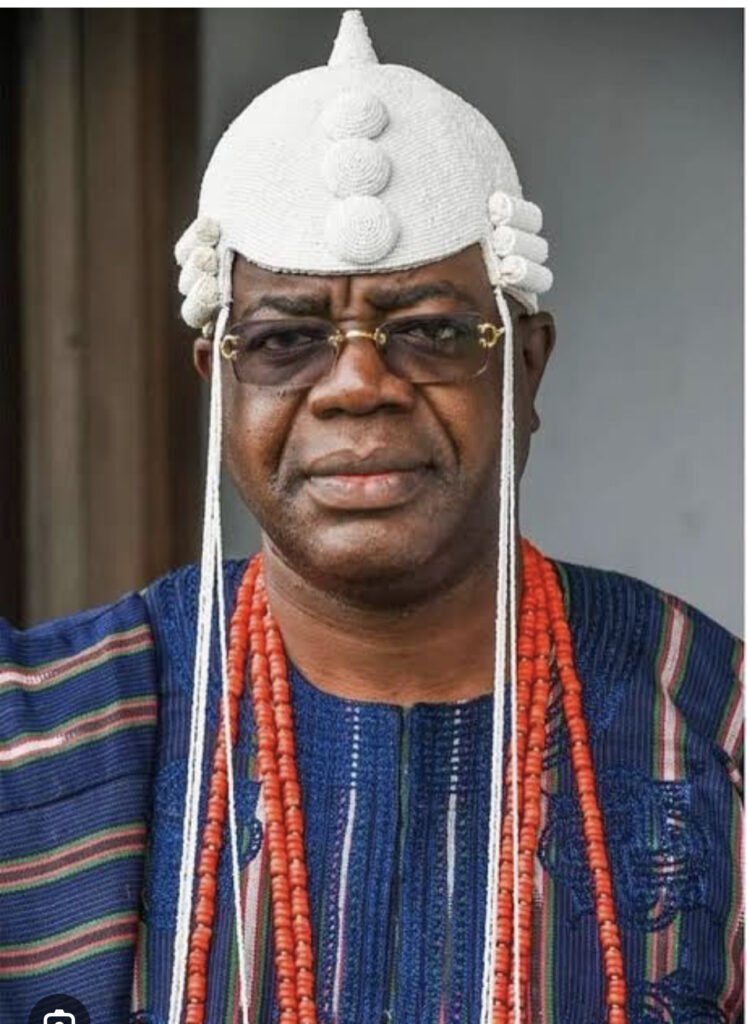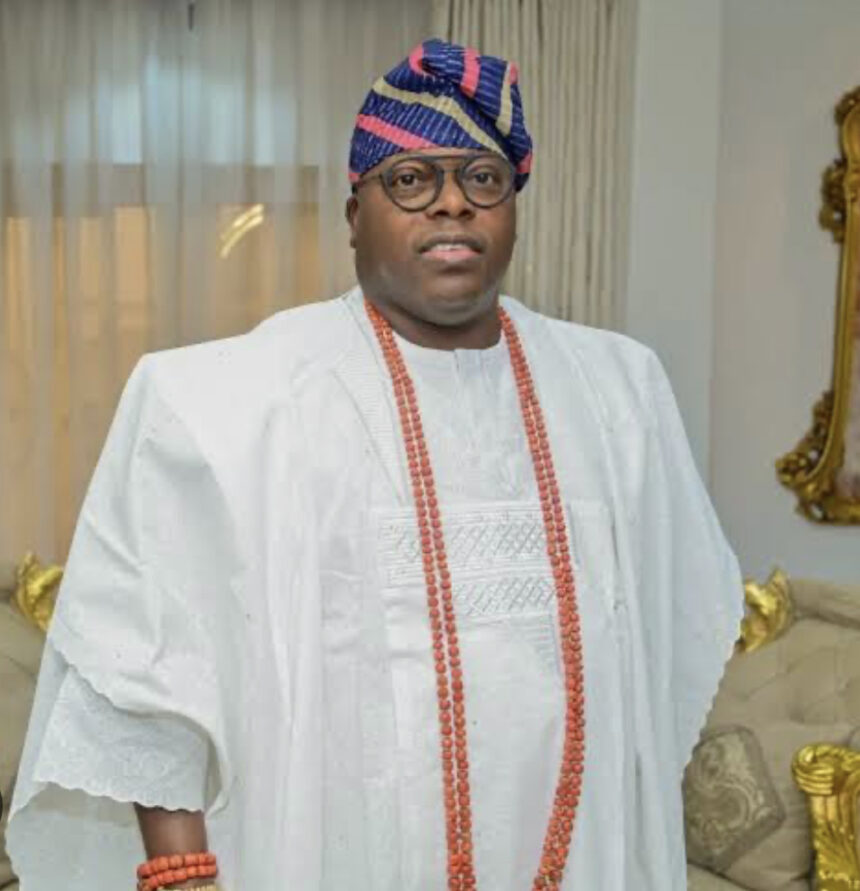– When Monarchs Hop Off Their Thrones into Party Zones
By Temitope Olusola
As you read, southwest Nigeria, Yorubaland to be precise, suffers the monarchy’s disconnection with royal nature – as the proverbial troubadours of repellent consciousness entice Yoruba royalty off the gilded dais of their treasured thrones, into the filth of the social circuit.
In the hitherto conservative region, where kings once ruled with solemn dignity, a new era has dawned, one where Yoruba monarchs have transformed from custodians of culture to social butterflies, fluttering from one party to another in a desperate bid for relevance in the modern world.

In Lagos, for instance, where the rich tapestry of Yoruba culture weaves its intricate patterns, the traditional rulers, once revered as the embodiment of ancient wisdom and authority, have found themselves swept up in the whirlwind of social events, turning their palaces into mere pit stops on the bustling social circuit.
Not too long ago, a Yoruba king’s schedule was dominated by matters of governance, ritual, and consultation with his council of chiefs. But today, it’s all about which party to attend, which gala to grace with their presence, and which society event will be the talk of the town.


“It’s a complete turnaround,” said a coronet chief and native of Iru, in Lagos, Babatunde Kajola. Kajola, a historian specializing in Yoruba culture argued that, “These monarchs were once revered as the custodians of our traditions, the embodiment of our heritage. But now, they seem more concerned with their social standing than their cultural legacy.”
Indeed, it’s hard to miss the transformation as erstwhile revered monarchs have undergone a shocking transformation from conservative custodians of culture into social butterflies.
Some of these kings, who were once known for their strict adherence to tradition and a solemn demeanor, have become regular features at every high-profile event in southern Nigeria. From celebrity weddings to charity fundraisers, their presence is practically guaranteed.
“One never used to see them at these events,” said Opeyemi Ogunleye, a socialite and entrepreneur based in Lagos. “But now, it’s like they are trying everywhere.
So, what sparked this dramatic shift? Some attribute it to the rise of social media, which has turned every event into a spectacle and every appearance into an opportunity for self-promotion. Others point to the growing influence of Western culture, which values fame and celebrity over tradition and heritage.
“It’s a reflection of the times we live in,” said Dr. Funmilayo Akinola, an Egypt-based sociologist currently on sabbatical in the African country. “In today’s world, visibility is everything. And these monarchs understand that if they want to remain relevant, they need to be seen,” she noted.
But while their newfound social status may bring them fleeting fame and adoration, it also comes at a cost. Many worry that their relentless pursuit of social validation is eroding the very fabric of Yoruba culture, turning centuries-old traditions into little more than photo ops and Instagram posts.
“It’s a sad state of affairs,” lamented Tayo Olumide, a government clerk whose ministry manages the affairs of traditional councils in Lagos. “Our culture is being commodified, reduced to a series of shallow gestures and empty rituals. These monarchs should be leading by example, preserving our heritage for future generations. Instead, they’re more concerned with rubbing elbows with the rich and famous,” he said.
Yet, despite the criticism, the Yoruba monarchs show no signs of slowing down. If anything, their appetite for the social scene seems to be growing by the day. From lavish birthday parties to exclusive yacht cruises, they continue to revel in the spotlight, eager to prove that they belong in the upper echelons of society.
But as they dance the night away and pose for yet another selfie, one can’t help but wonder: at what cost? For while their crowns may glitter under the bright lights of the party scene, the true richness of their heritage lies in the traditions they leave behind. And in the end, it’s not the number of parties they attend that will determine their legacy, but the depth of their commitment to the culture and people they serve.




